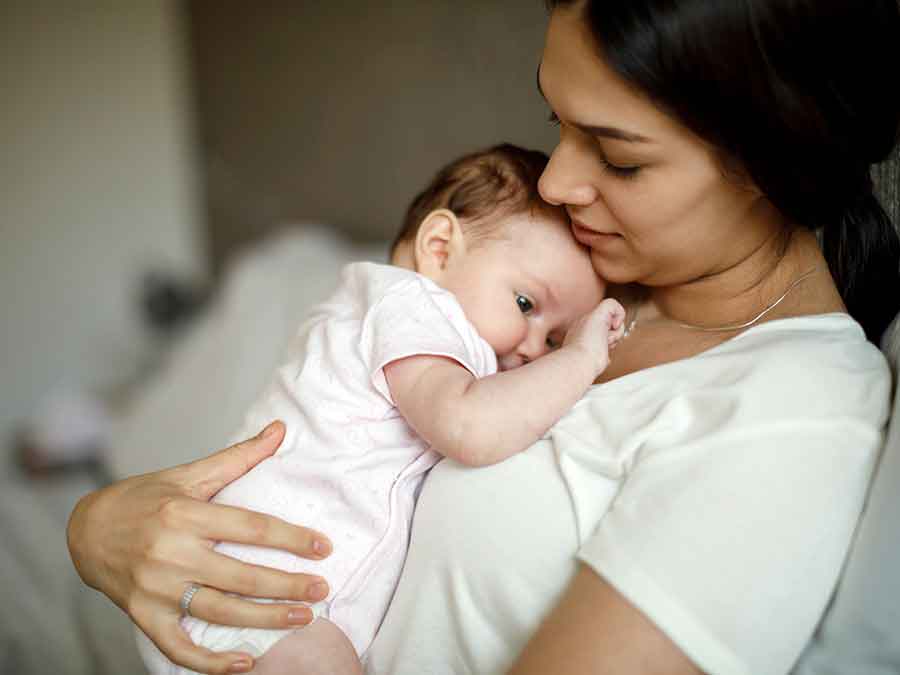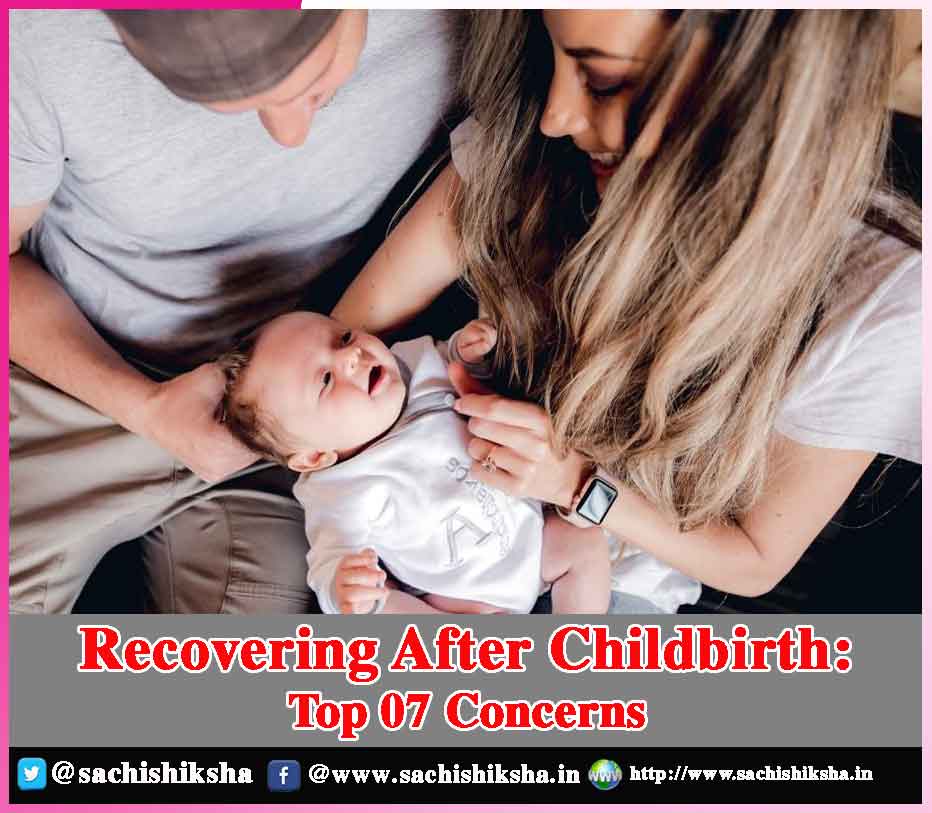Recovering After Childbirth: Top 07 Concerns
Introduction: Having a baby changes your body. Most women need some time after delivery to return to their normal activities. It’s important to focus on your healing and on taking care of your body after delivery. After your baby arrives, you’ll notice some changes — both physical and emotional.
The physical recovery is, of course, just one side of the story. Women also need to make the emotional transition to being a mother – which is even tougher for those who were working before giving birth. You’ve worked hard to give birth to your baby, and your body will need a little time to get back to normal. New mothers may be told that they will be back to ‘normal’ within six weeks of giving birth, but studies have found that most women take much longer to recover.
Some women experience physical and emotional problems after having a baby. This can be because of the kind of activities involved in caring for young children, or following on from pregnancy or birth. For some problems, you can do a lot to help yourself.
Also Read :-
- If a Boy Speaks to Himself Beyond 7 Years, Consult Child Psychologist
- Advantages of sleeping with children
- How to Celebrate Birthday of Your Child
Table of Contents
Breastfeeding

Feeling Fat?
The best way to get rid of unwanted pounds is to maintain a healthy diet and start a safe exercise routine. You should ask your doctor to suggest a nutritional plan for your needs. The same goes for any physical fitness routine that you might want to get into. It is best to get your doctor’s prior clearance before getting some exercise. You can tighten your tummy with exercise, and any weight you’ve gained will gradually drop off if you eat sensibly and exercise. It won’t happen overnight.
It took nine months to make a baby and it could take at least that long to get back into shape again. Remind yourself that the extra padding serves an important purpose: It helps store the energy and fat you need to successfully breastfeed. And while it’s good to squeeze some exercise into your schedule when you can, try not to hyper-focus on losing weight.
Feeling Frustrated?
Mood swings may be due to a number of factors, including hormonal changes, discomfort you may still be experiencing from labor and birth, sleeping inability and the other demands of caring for a new baby. Mood swings, irritability, sadness and anxiety are common. But if these feelings persist for a long time, do note you may be suffering from postpartum depression, a more serious problem that requires treatment, and she can give you a referral for help. If you think you might hurt yourself or your baby, or if you feel incapable of caring for your newborn, seek professional help immediately.
Inability to Get Enough Sleep
Lack of sleep is common with all new-mothers. This actually happens due to a baby’s sleep and wake patterns which take some time to normalize. Some babies sleep during the day and play during the night while others do the opposite. A natural solution is to sleep while your baby is asleep and to consume healthy food to boost your energy levels. In the meantime, allow your family and close friends to help around with watching your baby while you get your much-needed rest.
Caring For Yourself
Most mothers have a tendency to focus entirely on their new babies at the expense of neglecting their selves. A common mistake new mothers make is to feel guilty about minding their needs. They forget that babies need healthy and happy moms to take care of them. You can’t provide for all of your baby’s needs if you are not well enough to do that. Don’t be consumed by guilt feelings whenever you need to do some things for yourself. You are not being selfish. In fact, taking care of your body is your best gift to your new baby.
Other Problems
Your uterus (womb) is shrinking back to its normal size and position, and you may have after pains as it contracts down. Every new mum bleeds after having her baby. The flow of lochia may have clots in it. You may bleed for as little as two to three weeks, or for as long as six weeks after having your baby. But if you feel something is wrong with this, consult your doctor immediately. During pregnancy, your hairs may become thicker and more luxuriant, because of hormonal changes. Once those hormones drop, you may start to lose the hair that you held on to during pregnancy. Don’t worry, your hair will return to what it was.
About six weeks after delivery, your doctor will check your vagina, cervix and uterus to make sure you’re healing well. She might do a breast exam and check your weight and blood pressure, too. This is a great time to talk about birth control, breast-feeding and how you’re adjusting to life with a new baby. So, don’t hesitate to discuss your problems. Open up with doctor and get the expert’s advice for better health of you and your baby.













































